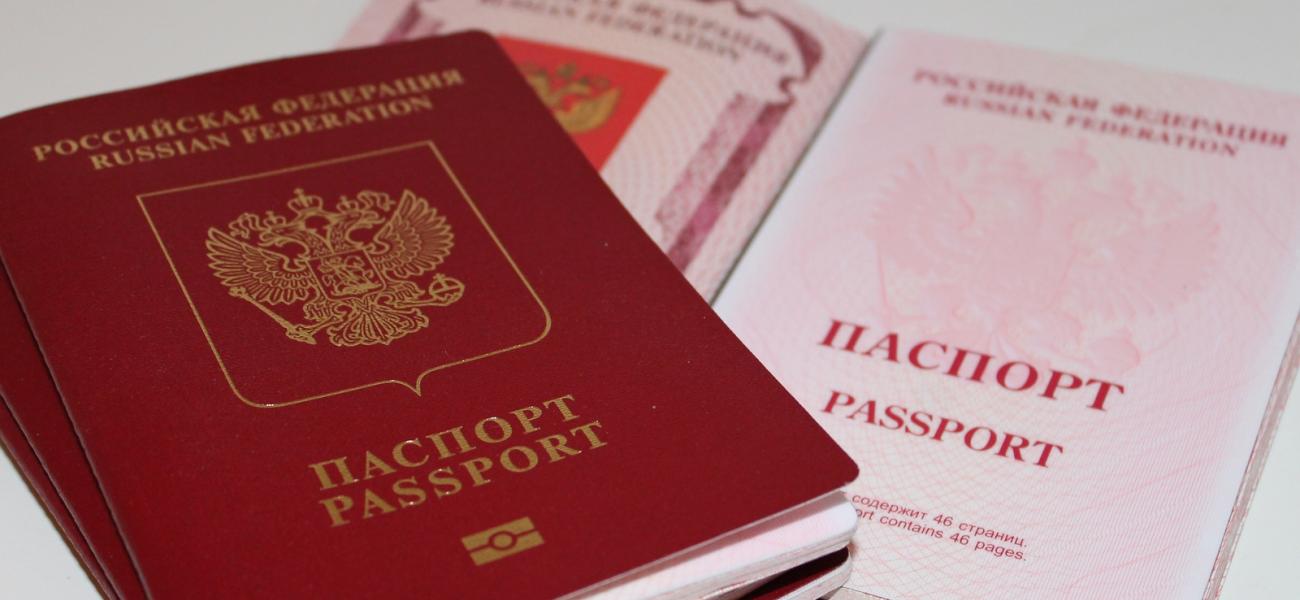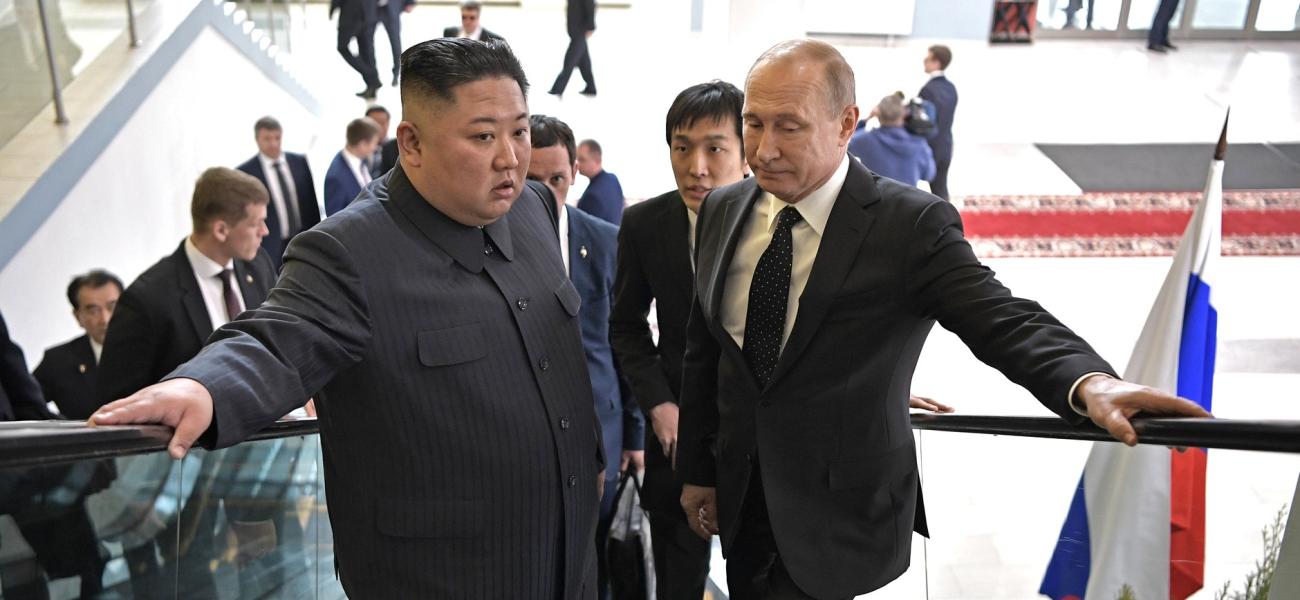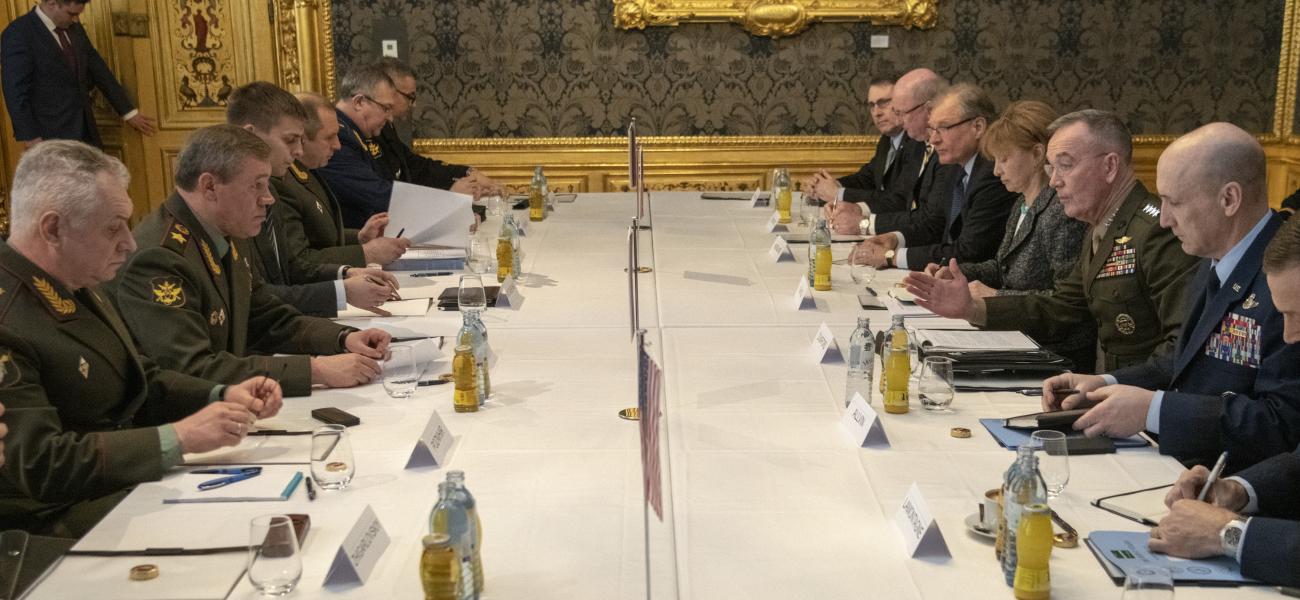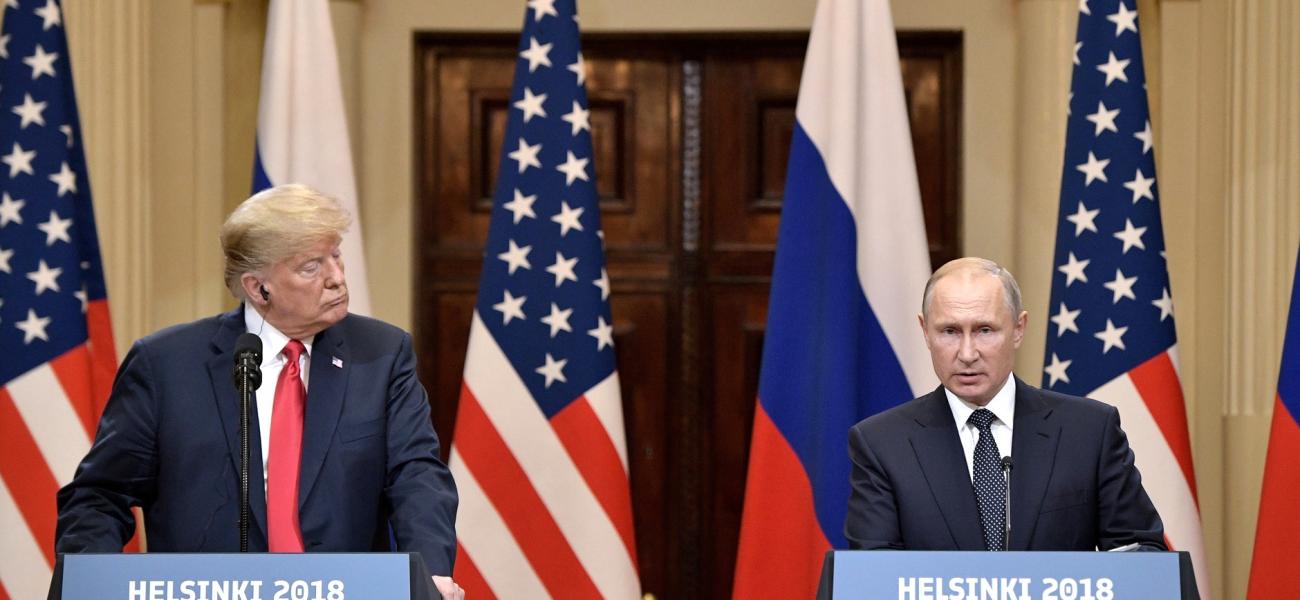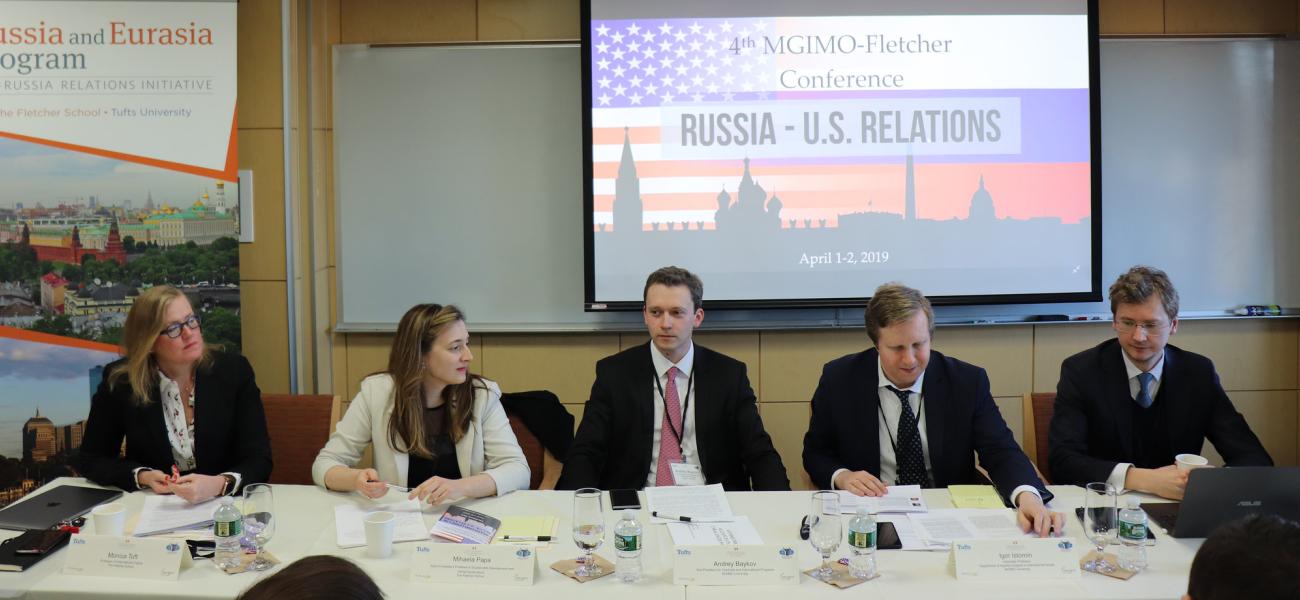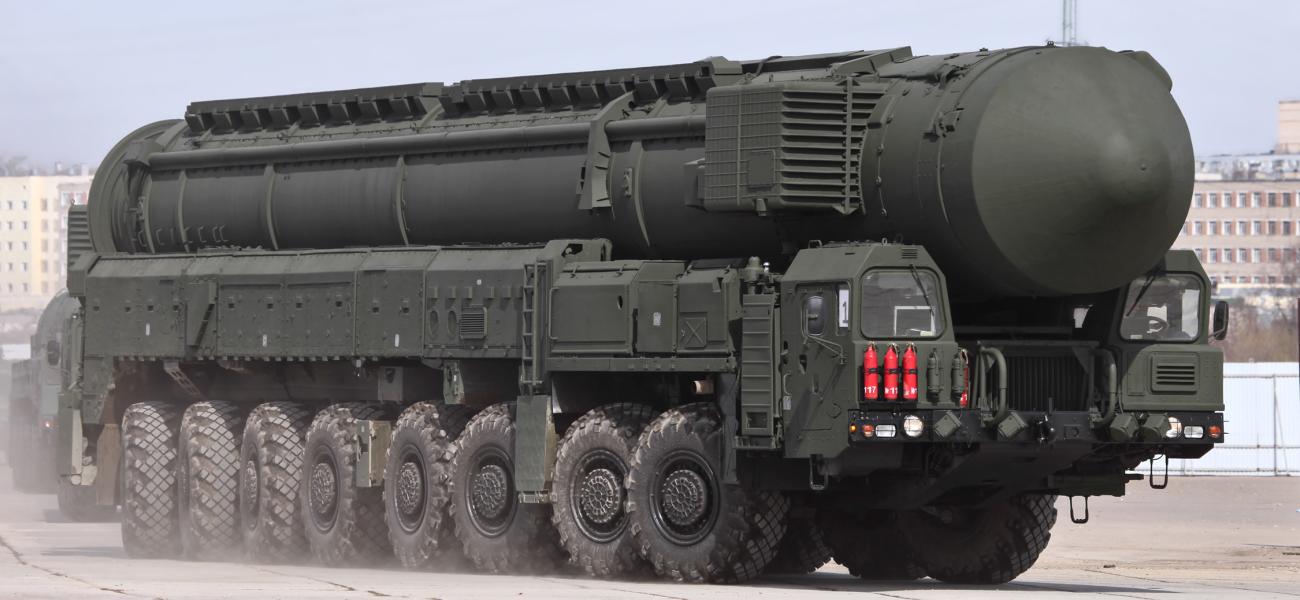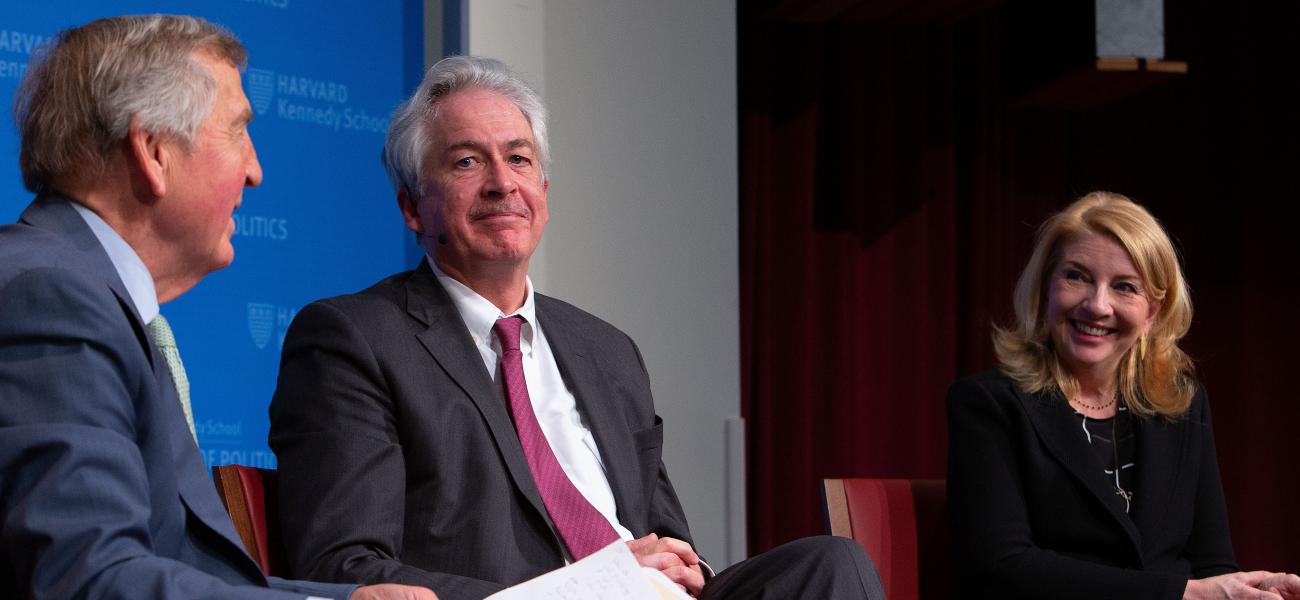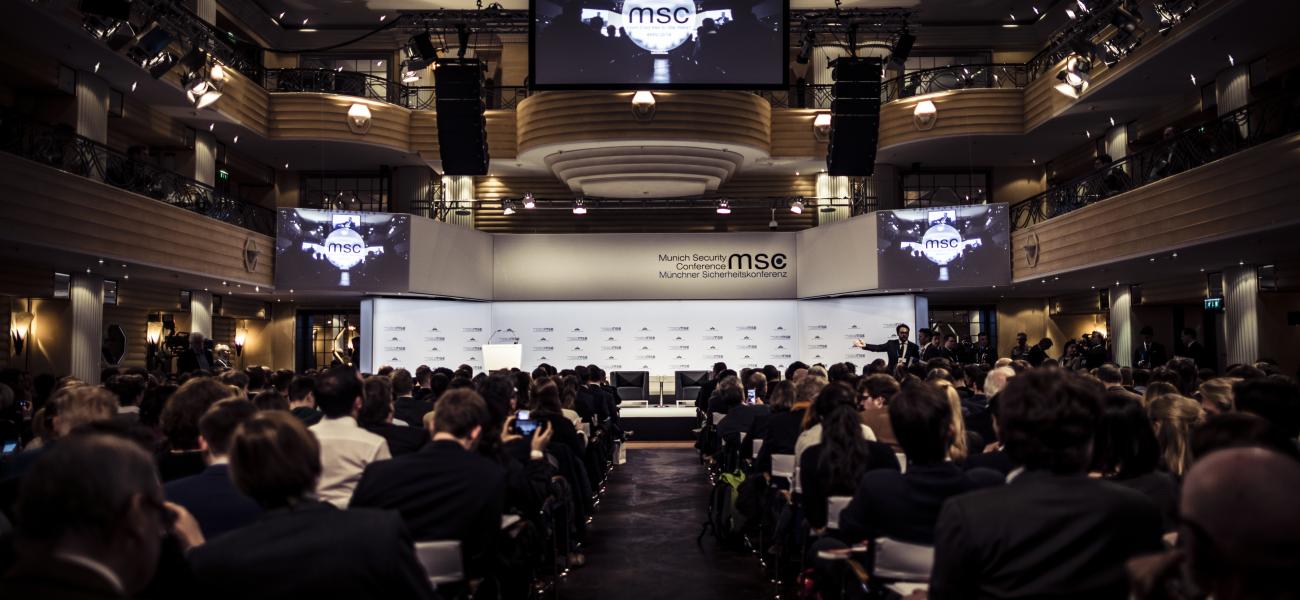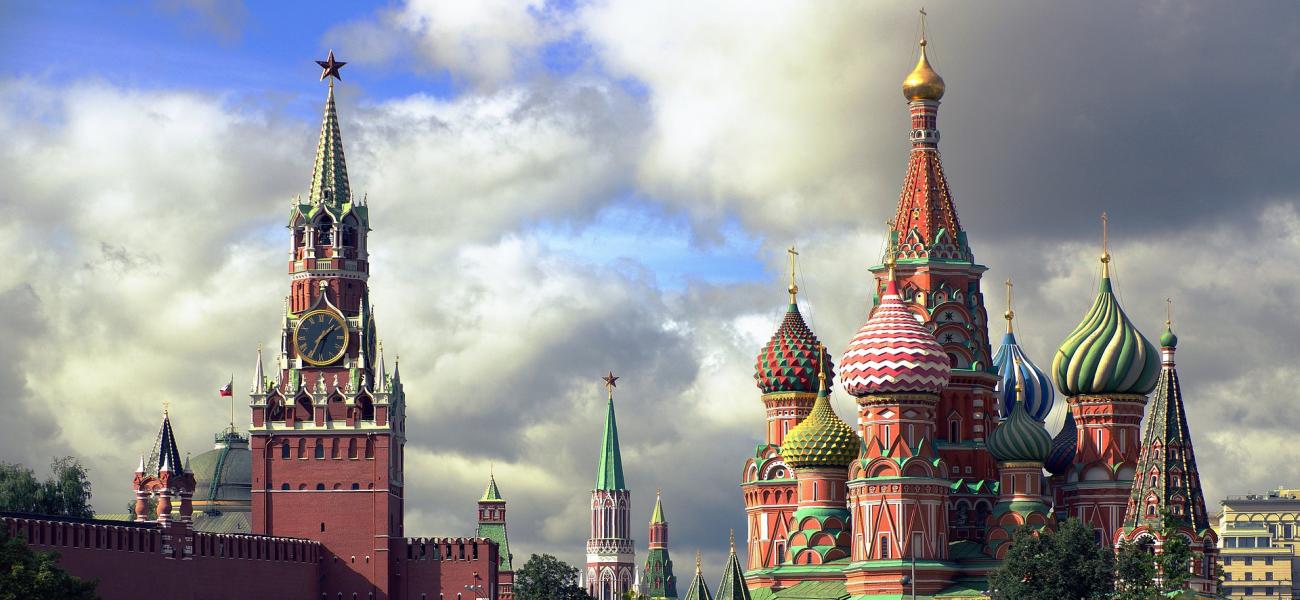Russian President Vladimir Putin’s recent decree to make it easier for residents of some separatist-controlled parts of Ukraine to get Russian citizenship has drawn criticism not only from Kiev but from key partners of the Ukrainian government, such as the U.S., EU and individual EU states. His subsequent statement that this liberalization may be extended to all citizens of Ukraine drew even greater fire, with both the Ukrainian government and its partners accusing the Russian leadership of seeking to assault Ukraine’s territorial integrity, test its newly elected leader Volodymyr Zelenskiy and even engage in banal trolling. The first two of these accusations are not groundless, but they ignore what I think could be the most important among the many factors that have shaped Putin’s decision: Russia needs more working hands and the best way to get them, in the Russian leader’s view, short of an instant demographic miracle would be to stimulate labor migration from countries where workers are (a) skilled, (b) speak Russian and (c) are culturally close enough that Russian authorities and companies do not have to spend undue money and time trying to train or integrate them. Ukrainians fit these requirements perfectly. Seventy-two percent of its workers had post-secondary education as of 2017 compared to Russia’s 66.6 percent, according to the World Bank; most of them are Orthodox Christian and many of them speak fluent Russian.
Russia’s own labor force has declined by 3 percent in 1992-2018, totaling 73.6 million last year, according to the World Bank and is bound to keep shrinking by 800,000-900,000 a year until 2025, according to researchers at the Russian Presidential Academy of National Economy and Public Administration (RANEPA). Putin’s plan aims to change this trajectory, attracting workers from Ukraine, which as of 2018 had nearly 20.3 million individuals aged 15 and older “who supply labor,” which is how the World Bank defines the labor force.

